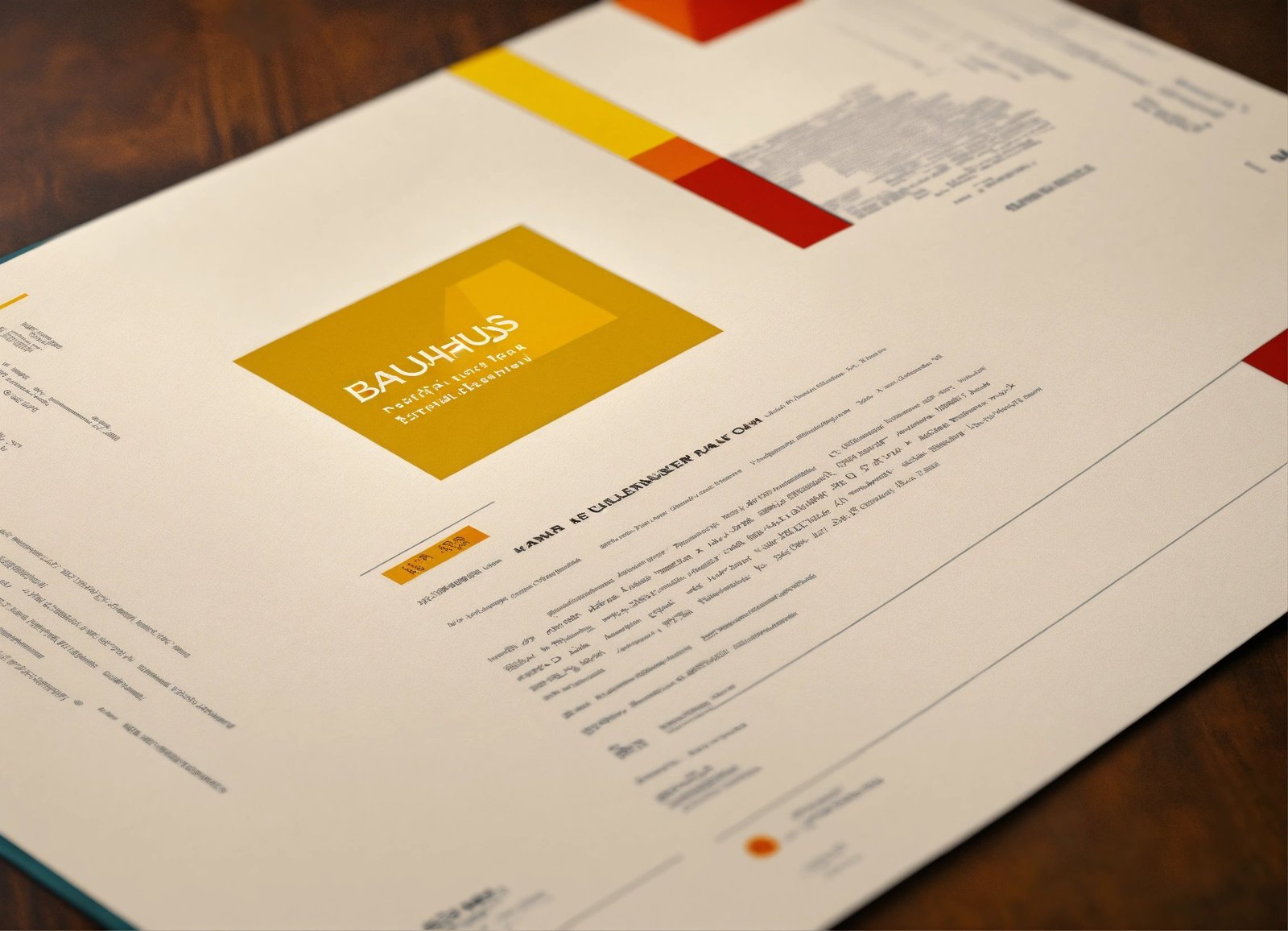Introduction
When applying to universities, your personal statement can be the golden ticket to securing a spot in your dream program. It’s your chance to stand out from the crowd and show admissions officers who you really are beyond your grades and test scores. But how do you craft a personal statement that truly shines? This comprehensive guide will walk you through each step to ensure your personal statement is not just compelling, but unforgettable.
Understanding the Purpose of a Personal Statement
The personal statement is more than just a summary of your achievements. It’s your opportunity to showcase your personality, your passion for the field, and your suitability for the program. Admissions officers use it to gauge your writing skills, your ability to reflect on your experiences, and how well you align with the university’s values and goals.
What Admissions Officers Look For
Admissions officers want to see more than just a list of accomplishments. They’re looking for insight into your character, your motivations, and your potential to contribute positively to the university community. They want to understand what drives you and how you think. A well-crafted personal statement gives them a glimpse into your world and helps them envision you as part of their academic community.
How It Differentiates You from Other Applicants
In a sea of applicants with similar grades and test scores, your personal statement is what can set you apart. It’s your platform to tell your unique story and highlight aspects of your personality and experiences that aren’t evident in other parts of your application. This differentiation is crucial in making a lasting impression on the admissions committee.
Researching the University and Program
Before you put pen to paper, dive deep into researching the university and the specific program you’re applying to. What are the university’s core values? What unique opportunities does the program offer? Tailor your personal statement to reflect how your goals and values align with theirs. This not only shows your genuine interest but also demonstrates that you’ve done your homework.

Understanding the University’s Values and Culture
Each university has its own ethos and culture. Understanding these can help you tailor your personal statement to resonate with the admissions committee. Look into the university’s mission statement, any public speeches or articles by faculty members, and the kind of student community they foster. This research can provide valuable insights into what the university values most in its students.
Aligning Your Goals with the Program
Beyond the general values of the university, delve into the specifics of the program you’re applying to. What are the key courses, research opportunities, and extracurricular activities offered? How do these align with your academic interests and career goals? Highlighting this alignment in your personal statement shows that you’ve thoughtfully considered how the program fits into your future plans.
Brainstorming Your Ideas
Take some time to reflect on your journey so far. What experiences have shaped your academic interests and career aspirations? Identify your key strengths and any challenges you’ve overcome. This brainstorming phase is crucial for gathering the raw material that will form the backbone of your statement.
Reflecting on Your Experiences
Think about significant moments in your life that have influenced your academic path. These could be classes you’ve taken, projects you’ve worked on, or even personal challenges that have shaped your resilience and determination. Reflecting on these experiences helps you identify the key themes and stories that will form the core of your personal statement.
Identifying Your Strengths and Weaknesses
Honesty is important in your personal statement. Identifying both your strengths and areas for growth shows self-awareness and a willingness to improve. Discussing how you’ve worked to overcome your weaknesses can be particularly powerful, as it demonstrates your commitment to personal development.

Crafting a Strong Opening
First impressions matter. Start your personal statement with a compelling hook that grabs the reader’s attention. Whether it’s a vivid anecdote, a thought-provoking question, or a bold statement, your opening should set the tone for the rest of your essay and make the admissions officer eager to read on.
Capturing Attention with a Compelling Hook
Your opening sentence should be engaging and memorable. Consider starting with a story or a moment that encapsulates your passion for the subject. For example, “I knew I wanted to study biology when I found myself dissecting a frog in my backyard at age ten” immediately draws the reader in and sets up a narrative that can be expanded on throughout the statement.
Setting the Tone for Your Statement
The tone you set in your opening can influence how the rest of your statement is perceived. Aim for a tone that is confident but not arrogant, enthusiastic but not overly emotional. This balance can help create a positive and lasting impression.
Showcasing Your Academic Achievements
Your academic record is a testament to your dedication and ability. Highlight your most relevant coursework, projects, and research experiences. Discuss what you learned from these experiences and how they’ve prepared you for the challenges of university study.

Highlighting Relevant Coursework
Mention specific courses that have sparked your interest and explain why they were significant. This shows a deeper engagement with your subject area and provides context for your academic journey. For example, “My Advanced Chemistry class ignited my passion for chemical engineering by allowing me to explore complex chemical reactions and their real-world applications.”
Discussing Research Projects and Academic Interests
If you’ve been involved in any research projects, detail these experiences. Discuss the skills you developed, the challenges you faced, and the outcomes of your research. This not only highlights your academic prowess but also your ability to contribute to the research community at the university.
Demonstrating Relevant Experience
Admissions officers are interested in more than just your academic prowess. Work experience, internships, volunteering, and extracurricular activities all paint a fuller picture of who you are. Detail these experiences and emphasize the skills and insights you’ve gained that are relevant to your chosen field of study.
Work Experience and Internships
Work experience and internships can provide practical skills and insights that are invaluable in your academic and professional journey. Describe your roles, responsibilities, and the impact you made. For example, “During my internship at XYZ Company, I developed strong analytical skills by working on market research projects, which deepened my interest in business analytics.”
Volunteering and Extracurricular Activities
Volunteering and extracurricular activities demonstrate your ability to balance multiple commitments and your dedication to contributing to your community. Highlight any leadership roles or significant projects you were involved in. For instance, “As the president of the environmental club, I organized a campus-wide recycling initiative that significantly reduced our waste footprint.”

Highlighting Your Skills and Strengths
Think about the transferable skills that will help you succeed at university. This could include problem-solving, leadership, teamwork, or communication skills. Illustrate these with concrete examples to show not just what skills you have, but how you’ve applied them in real-world situations.
Transferable Skills for University Success
Identify key skills that are relevant to your chosen field and provide examples of how you’ve developed and utilized these skills. For example, “My role as a team leader in a community service project honed my leadership and organizational skills, which I believe will be invaluable in collaborative university projects.”
Personal Attributes and Qualities
Discuss personal attributes such as resilience, creativity, or a strong work ethic. Provide examples that demonstrate these qualities in action. For example, “My resilience was tested when I balanced a part-time job with my studies, but this experience taught me effective time management and perseverance.”
Discussing Your Goals and Aspirations
Universities want to know about your future aspirations. Outline your short-term academic goals and long-term career plans. Explain how the program you’re applying to will help you achieve these goals and how you plan to contribute to your field after graduation.
Short-term Academic Goals
Describe what you hope to achieve during your time at university. This could include specific knowledge you want to gain, skills you want to develop, or research projects you’re eager to undertake. For example, “In the short term, I aim to gain a deep understanding of molecular biology through coursework and hands-on research.”

Long-term Career Aspirations
Discuss your long-term career goals and how your chosen program will help you achieve them. Be specific about the impact you hope to make in your field. For example, “Ultimately, I aspire to become a biomedical researcher, developing innovative treatments for chronic diseases.”
Connecting Your Story to the University
Why this university? Why this program? Be specific about what drew you to apply and how you envision yourself thriving there. Mention any particular professors, courses, or resources that attracted you. This demonstrates not only your enthusiasm but also your thoughtful consideration of your choice.
Why You Chose This University
Explain why you are particularly drawn to this university. This could be due to its reputation in your field, specific faculty members, or unique resources and opportunities. For example, “I am excited about the opportunity to study at XYZ University because of its renowned faculty in renewable energy research.”
How You Can Contribute to the University Community
Think about how you can contribute to the university community beyond academics. This could include joining student organizations, participating in community service, or contributing to campus diversity. For example, “I look forward to bringing my background in community service to XYZ University’s vibrant volunteer network.”
Writing with Clarity and Precision
Avoid the temptation to use overly complex language or jargon. Clarity is key. Write in a straightforward, engaging manner that keeps the reader interested. Your goal is to communicate your story and your passion clearly and effectively.

Conclusion
Writing a compelling personal statement for university applications is a challenging but rewarding process. By understanding its purpose, researching thoroughly, and reflecting deeply on your experiences and goals, you can create a statement that stands out. Remember to write clearly, edit diligently, and most importantly, be yourself. This document is your opportunity to tell your unique story and to show why you’re the perfect fit for the program you’re applying to. Good luck!
FAQs
What should I avoid in my personal statement? Avoid clichés, overly generic statements, and a focus on hardships that don’t directly relate to your academic and career goals. Instead, focus on specific, meaningful experiences and reflections that highlight your unique strengths and aspirations.
How long should my personal statement be? Most universities provide specific guidelines. Typically, a personal statement should be around 500-1,000 words. Be sure to check the application requirements for each university you are applying to, as word limits can vary.
Can I use humor in my personal statement? A touch of humor can be effective if it feels natural and fits your personality, but use it sparingly and avoid anything that might be misinterpreted. The primary goal is to convey your passion and suitability for the program.
How personal should my personal statement be? Your personal statement should reflect your unique experiences and perspectives, but maintain a balance between personal anecdotes and academic relevance. Ensure that the personal stories you share are directly connected to your academic and career goals.
What if I don’t have any relevant experience? Focus on transferable skills and qualities gained from other experiences. Demonstrate your passion for the field and your commitment to gaining the necessary experience. Highlight how your background, even if not directly related, has prepared you for the challenges and opportunities of the program.
